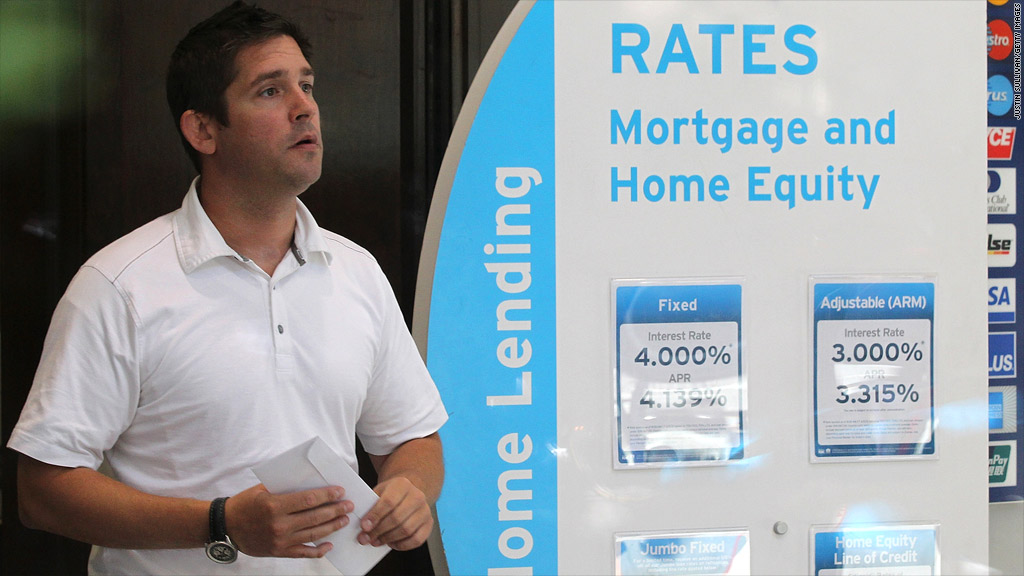
Rising home prices helped nearly one million homeowners emerge from being underwater on their mortgages during the second quarter. But younger homeowners are still struggling to stay afloat, according to report from Zillow.
The percentage of borrowers who owed more on their homes than they were worth fell to 30.9% during the second quarter, down from 31.4% three months earlier, according to Zillow. Of the 15 million borrowers who were underwater during the quarter, a disproportionately large number are under the age of 40, said Zillow chief economist, Stan Humphries.
Nearly half, or 48%, of all mortgage borrowers under age 40 are underwater, about twice the rate of borrowers who are older. And that has created a sort of gridlock that could hinder the housing market's recovery, he said.
"We hear about tight inventory in many markets, and it's clear where this is coming from," he said. "Negative equity is trapping young people in their homes, preventing them from selling. These homes are like the very starter homes potential first-time homebuyers are seeking."
Related: Mortgage probe could lead to action soon
Underwater homeowners who want to sell their home "have tough decisions to make," said Dean Baker, the co-director of the Center for Economic and Policy Research.
They will either have pay off their mortgage in full at closing -- requiring lots of cash on hand -- or undergo a short sale.

Short sales, however, entail getting the bank to forgive the difference between the amount the home is sold for and the amount owed on the loan. If the bank won't approve it, the sale can't go through. Even when the bank allows a short sale, the borrower takes a big hit on their credit score -- a consequence many are reluctant to take.
Still, many homeowners just don't want to absorb the loss, said Humphries. They hang onto their homes, hoping prices will rebound enough to put them above water again. That's been evident in many cities in Florida and California, where underwater borrowers are common and very few homes are for sale.
The impact on the underwater generation: All of this could carry long-term ramifications, for both the economy and these under-40 borrowers, said Mark Zandi, chief economist of Moody's Analytics.
Most of the young homeowners who are underwater bought at the height of the housing market. Now, as they approach middle age, they have nothing to show for their investments.
Related: Best Places to Live, Affordable Cities
Unless they can get a short sale, their lives will be difficult to turn around, he said. They won't have the down payments to trade up to bigger homes or move to other markets. And if there's any bump in the economic road, they could tumble into default because they don't have any equity in their home to fall back on.
"For those in their late 30s, this is going to be a big problem," Zandi said.


